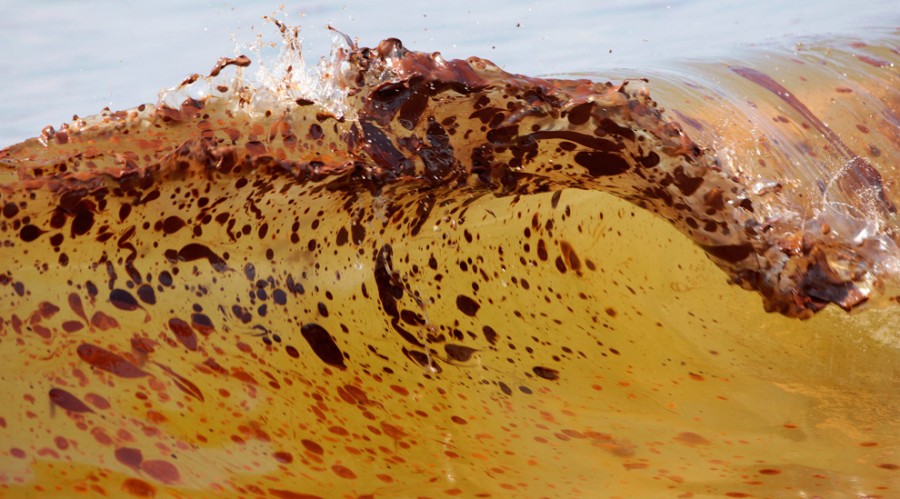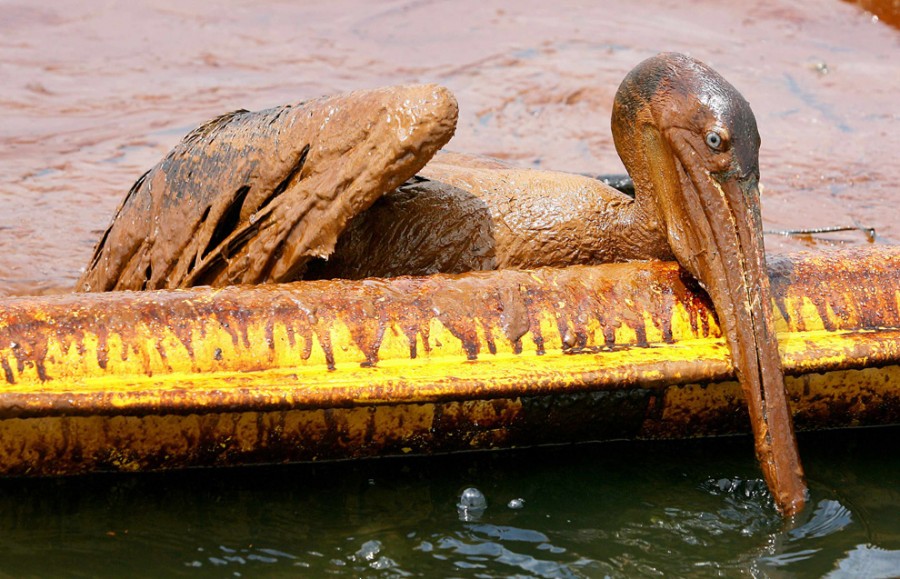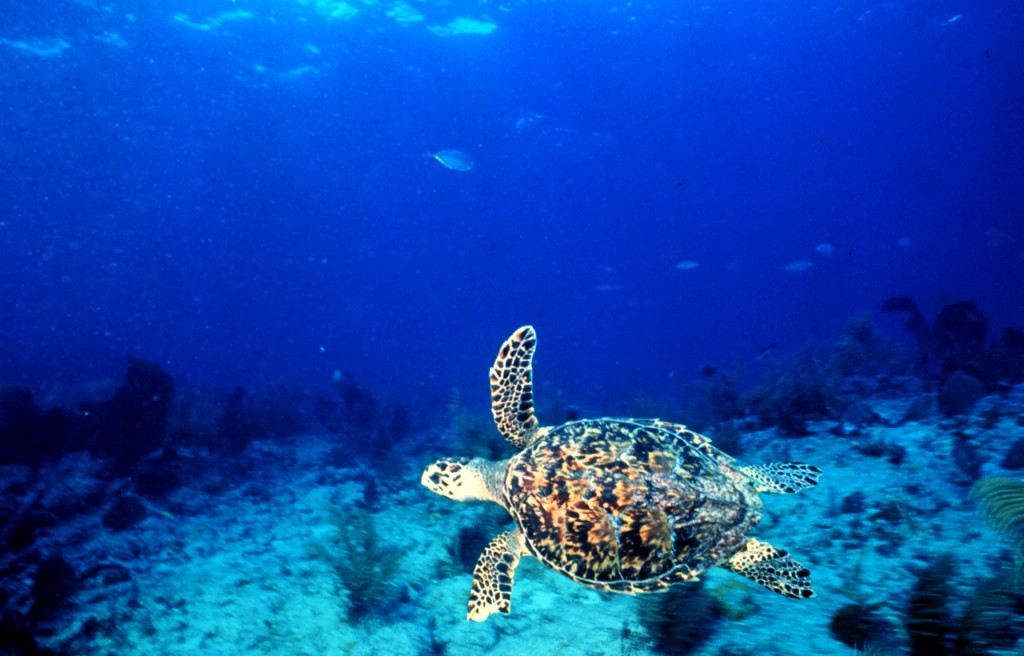Thank God men cannot fly,
and lay waste the sky as well as the earth.
-Henry David Thoreau
Day 64.
Remember how BP first said the spill meant about 5,000 barrels a day? That sounded pretty bad. Now, conservative estimates put the spill at 35,000- 50,000 barrels a day, but the earth is possibly gushing up to 100,000 barrels of oil. EVERY DAY.
To put that into perspective, that means the amount of oil already “spilled” could power 114,000 cars for a year.
Or to put it another way, the amount of oil already spilled could take care of the auto fuel needs of Sussex County, Delaware for a year.
This is where it starts to get ugly.
Sussex County is pretty sparsely populated. When you look at those numbers from that viewpoint it starts to not look quite as bad. Power the cars of Sussex County? Big deal. There really aren’t that many people in Sussex County. It’s a fairly small area, relatively speaking.
Running the numbers, each car in Sussex County uses an average of 580 gallons of gas a year, or 11 gallons a week- for most people somewhere around 3/4 of a tank. This seems about right from what I’ve seen.
Until you learn that the average European uses– are you ready for this?- 59 gallons of gas A YEAR.
We’re using more than ten times the amount of gasoline.
When the Exxon Valdez spill happened- once considered one of the worst environmental disasters ever, the Valdez dumped a comparatively paltry 250,000 barrels of crude oil- Greenpeace ran an ad in the New York Times that read,
“It wasn’t the Exxon Valdez captain’s driving that caused the Alaskan oil spill. It was yours.”
Ain’t that the truth. We’re a nation of gas guzzlers. It’s shameful.
If we each adjusted our driving habits and reduced our gasoline consumption by 38 miles per week, we’d eliminate our need for oil drilled in the Gulf of Mexico.
I have an idea. What if we each decided, committed, today to the concept of driving the car we currently own until hybrid, electric, or other alt energy vehicles are widely available, safe and affordable? If we said, my next car will be environmentally responsible. And (this is important) what if we LET AUTOMAKERS AND OUR GOVERNMENT KNOW of our intentions? Well. I bet they’d get hopping on those new technologies, yes? Can’t have people not buying new cars, that’s unAmerican.
The people I’ve already laid this info on, have universally had a knee-jerk response of, well, it’s easy in Europe, the public transportation system is better there. That’s lazy thinking. It’s better because the public demanded it to be, because they used it. If we all used public transportation more, lines and times would be expanded to make public transport easier and more enjoyable. After all, it’s a source of income to the state.
But no one’s going to bother improving public transportation if they can’t prove that their investment will turn a profit. You gotta use it, or at least indicate that you will and then follow through. We can talk all we want. Things happen because we force them to.
I know that popular opinion holds that Americans don’t do sacrifice, and that it was telling that President Obama didn’t ask us as a nation to curb our oil addiction. Still. I think it’s worth asking. You don’t get anything if you don’t ask, except a nation of people self-righteously saying, “Well, nobody ever asked us.”
I’m asking you. Reduce your gas consumption. Use public transportation. Carpool, or bike or walk- it’s good for you, anyway. Commit to the idea that your next vehicle will be a hybrid, or an electric, or whatever superstar technology they’ll have come up with to replace gas guzzlers. Use the power of your voice, your vote, and your dollar- tell automakers and the government what you’re up to.
After all, in the long run we’re sacrificing a lot more, right? Like our oceans. Our wildlife.
And for god’s sake, our self-respect. Are we going to let Europe get away with the superior moral stance here? Step up, people!
For more depressing, but eye-opening, images of the situation in the Gulf of Mexico, check out Oil in the Gulf: Two Months Later and Scenes from the Gulf of Mexico from The Big Picture.



